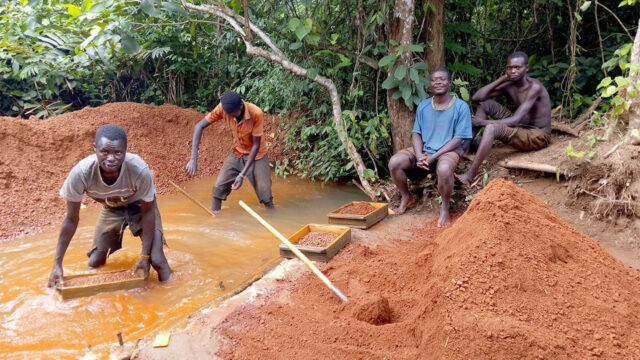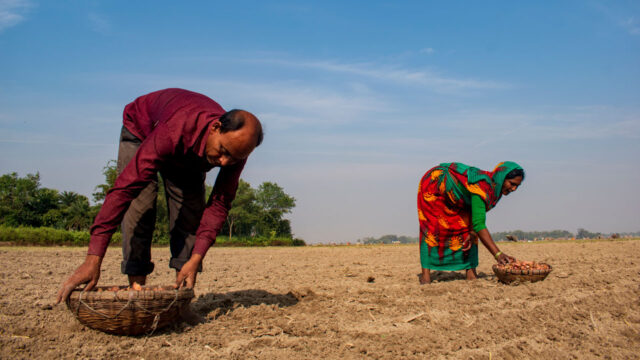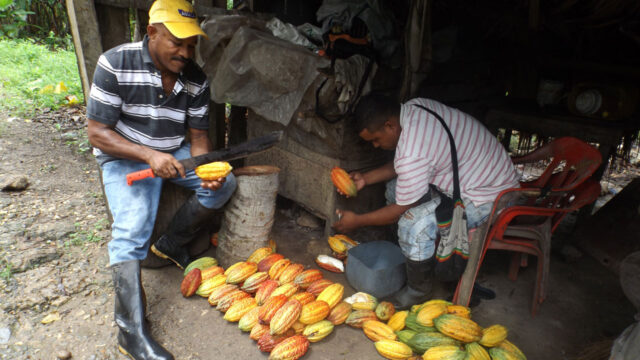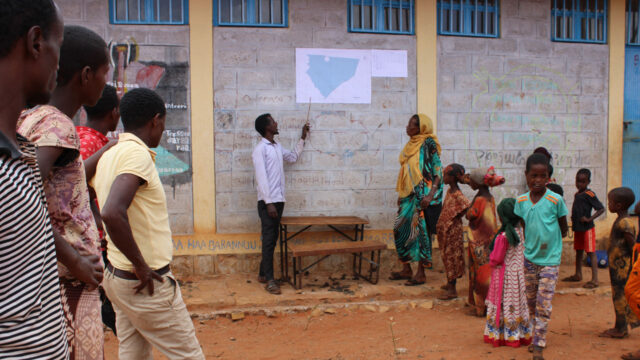Land Rights
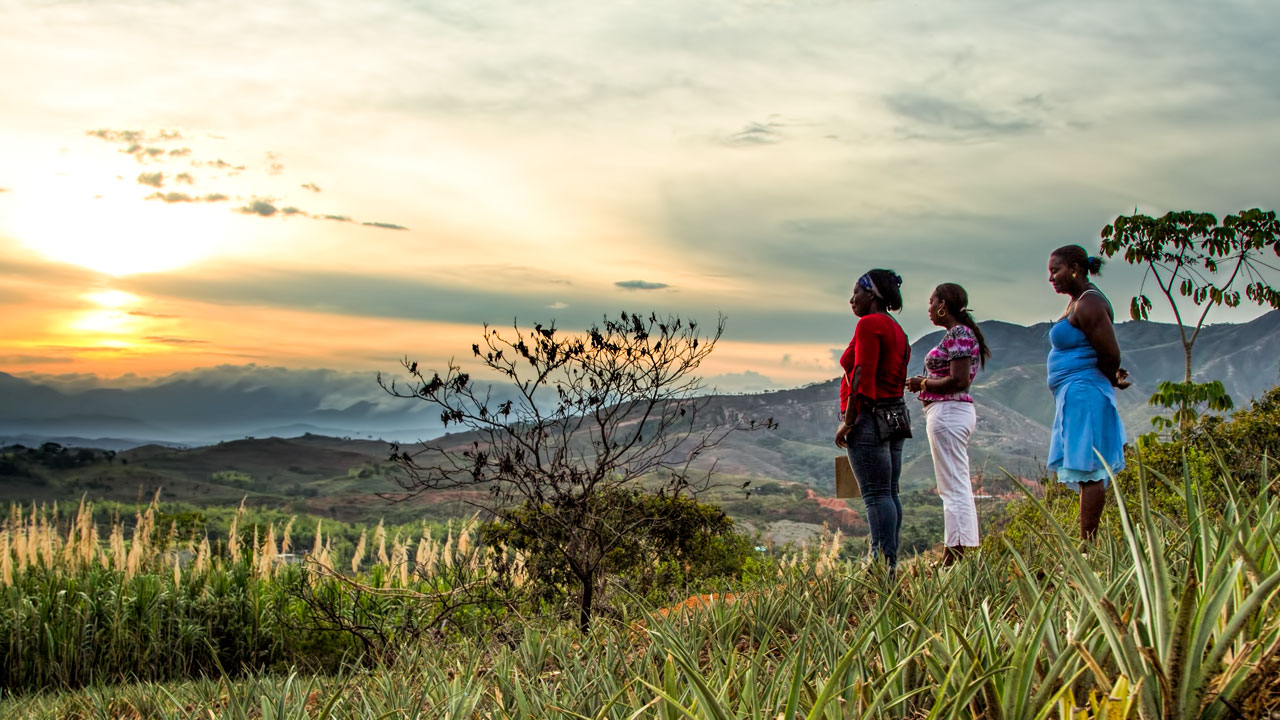
Tetra Tech provides industry-leading expertise in land and resource governance and effective stakeholder engagement to resolve challenges and tap into opportunities related to access, use, and control of land and other natural resources like critical minerals.
Our interdisciplinary team of land experts has implemented more than 100 projects and complex activities related to urban and rural land governance in 30 countries, including those that are amid or recovering from crises like conflict and natural disaster.
Tetra Tech addresses complex land and resource governance reforms through technical assistance, outreach and communications, skill building, and design of assessments, analytical tools, and sound monitoring and learning activities. Establishing secure and documented property rights is essential for inclusive economic growth, environmental sustainability, conflict mitigation, and development that leaves no one behind.
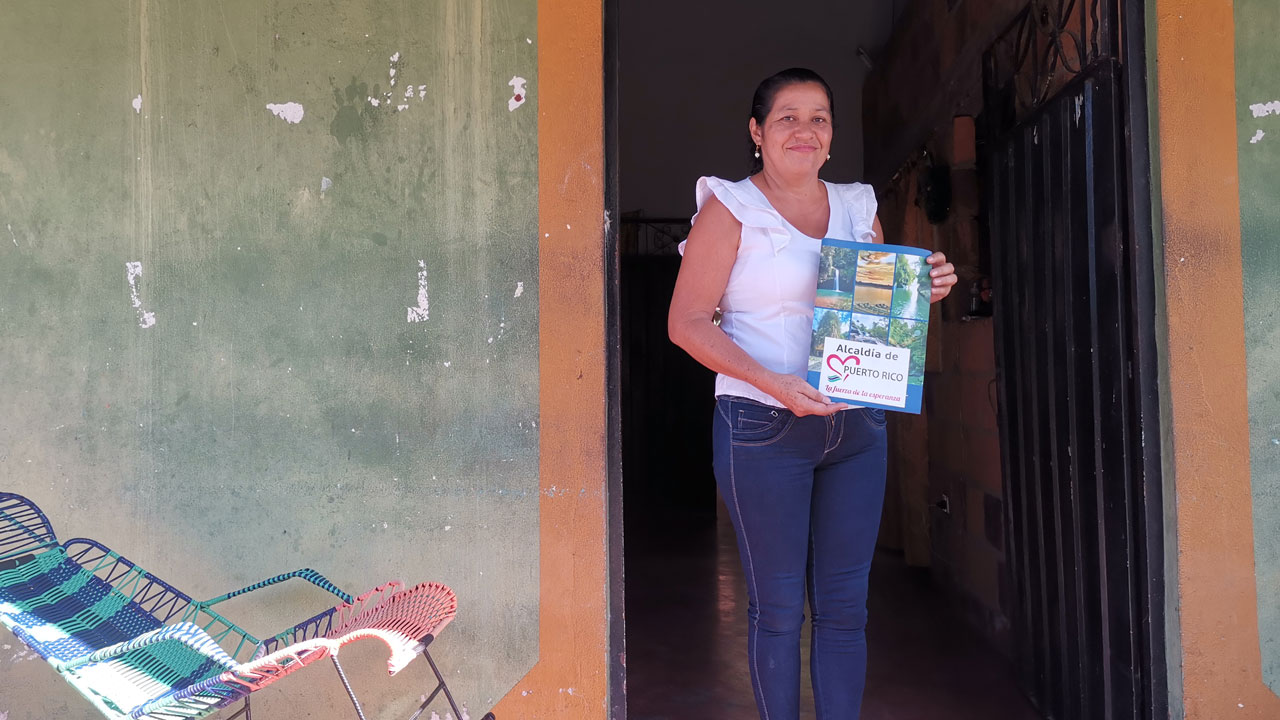
Land Governance and Administration
Tetra Tech partners with governments to develop their capacity to plan, manage, implement, and sustainably maintain land administration systems. We work with national and local government institutions, including customary and community authorities.
- Technical assistance in land policy development and legal research
- Establishment of cadaster and land registration systems and information updating
- Land rights documentation and registration
- Strengthening legal frameworks to support inclusivity, address negative social norms, and promote representation of women and underrepresented groups in governance structures
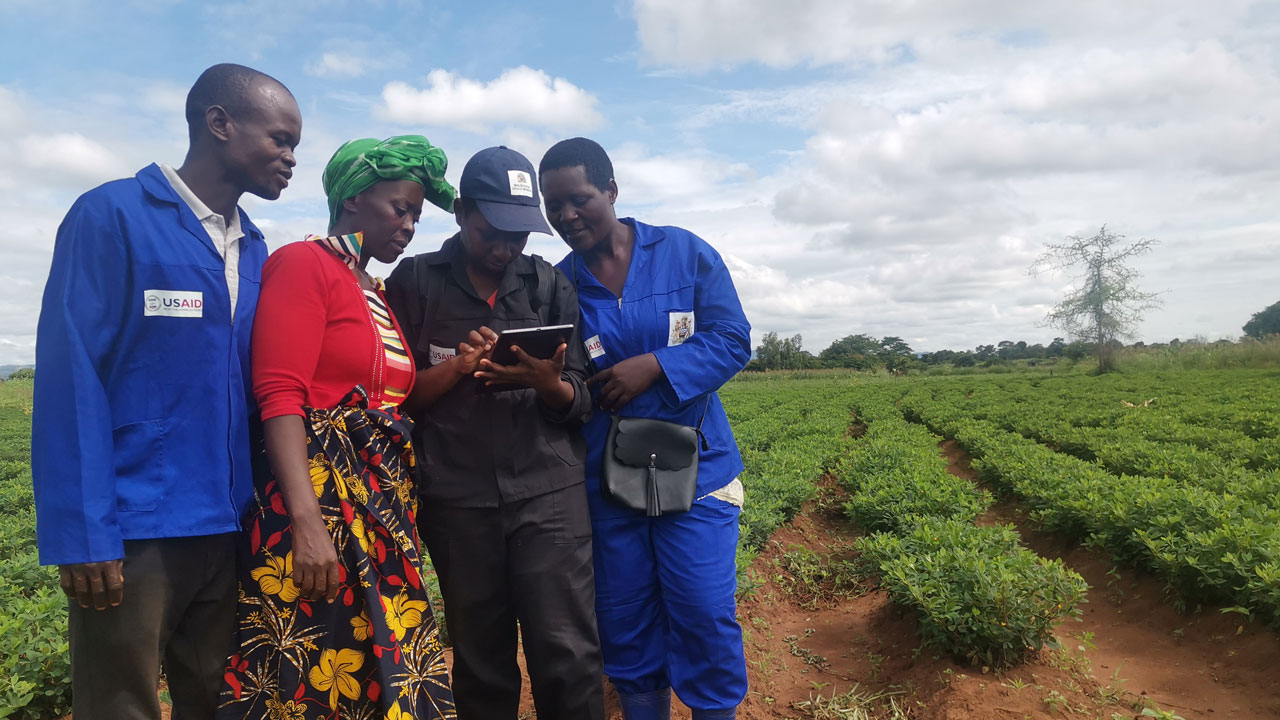
Recognition of Customary Tenure
To help communities to protect their land and resources, Tetra Tech provides community self-identification and boundary demarcation services, participatory land use planning, and formation and training of representative land governance bodies. We use open-source data collection, community mapping, and participatory engagement to support customary tenure activities.
- Indigenous Peoples and local communities, including pastoral communities, rights recognition
- Community self-identification and boundary demarcation services
- Gender equitable and socially inclusive approaches to transform negative social norms
- Participatory land use planning
- Formation and training of representative land governance bodies
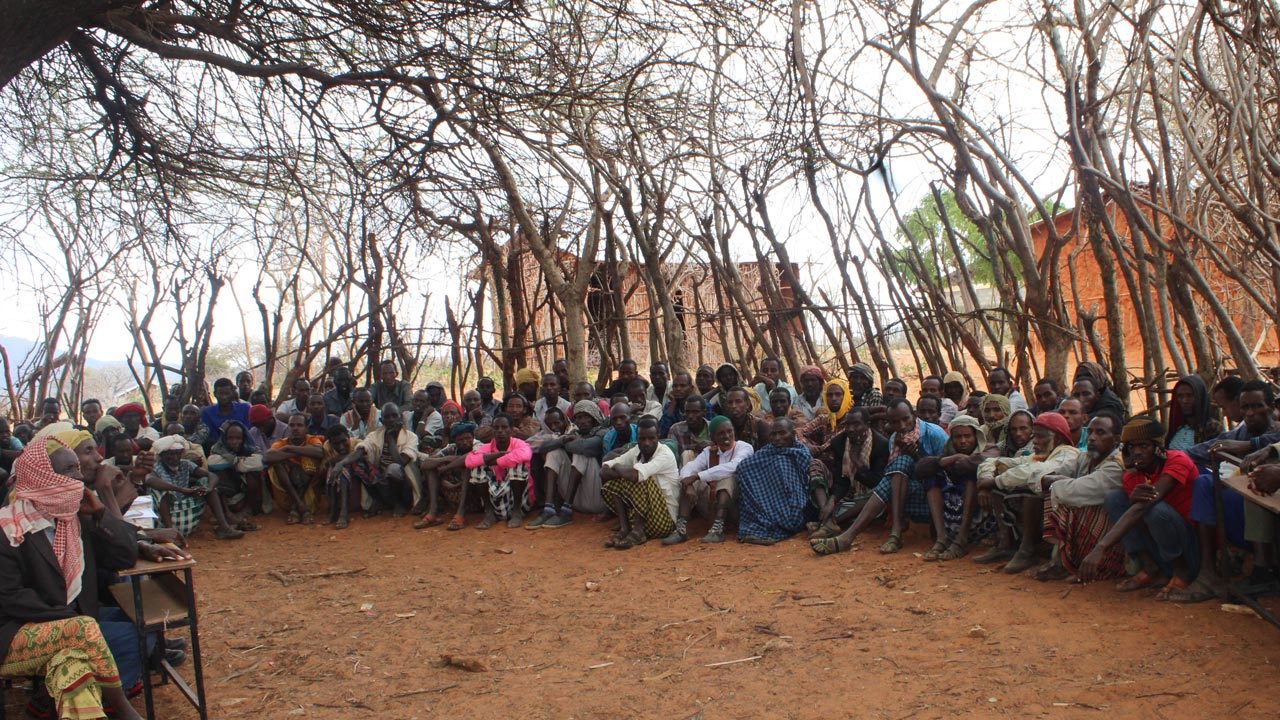
Responsible Investment in Land
Our land experts facilitate responsible land-based investment to optimize outcomes for communities and investors.
- Applying Free, Prior, and Informed Consent (FPIC) when engaging communities
- Building communities’ ability to negotiate and enforce agreements
- Participatory and inclusive approaches to document land and resource rights
- Empowering women and expanding their access to land for agroforestry supply chains
- Strengthening land security for rural populations, reducing risks, and generating benefits for and trust between communities, companies, and government
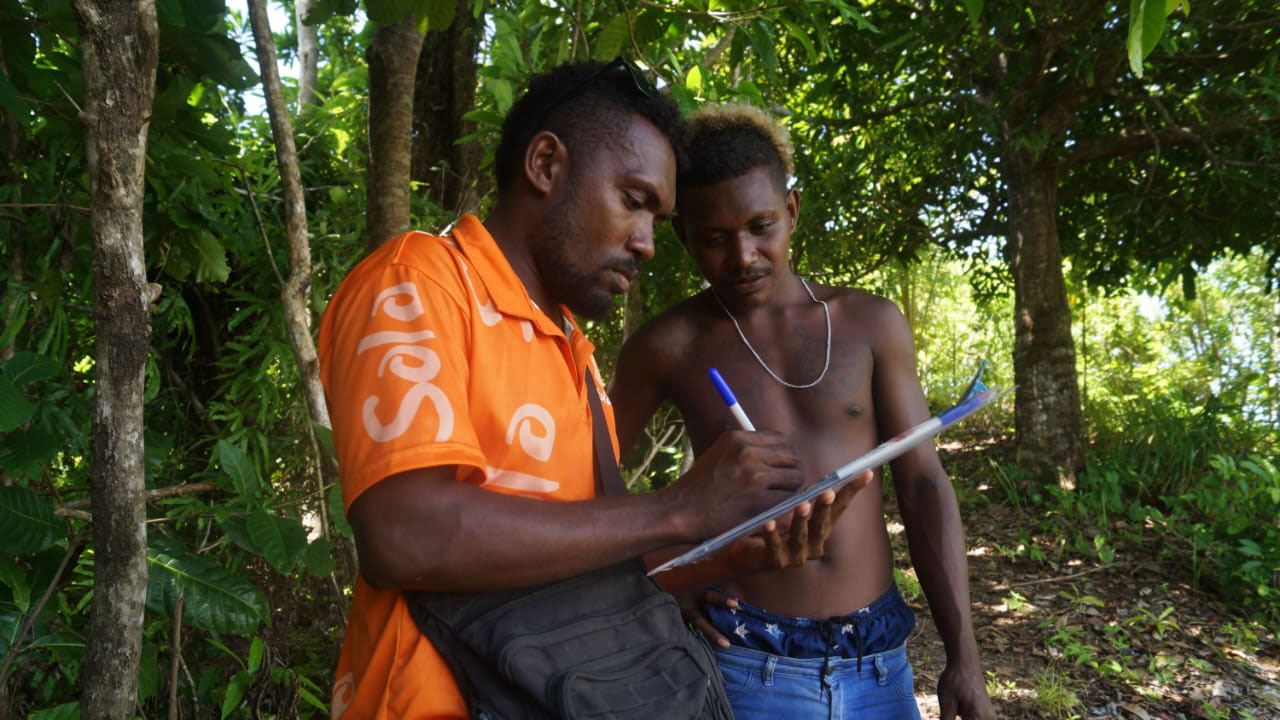
Stability, Dispute Resolution, and Conflict Mitigation
Tetra Tech works with communities and governments where tenure and property rights are unclear to avert disputes over land and natural resources that may escalate into conflict and trigger migration of affected people.
- Participatory research
- Facilitating stakeholder dialogues
- Shaping improved local land use planning and disaster mitigation
- Strengthening local customary and formal dispute resolution mechanisms
Connect with us. Reach out to our international development experts.
Our featured land rights highlights
Be part of our work in land rights
Our people around the world are supporting our mission and vision to design and deliver sustainable and impactful development solutions. Work with us at Tetra Tech!
